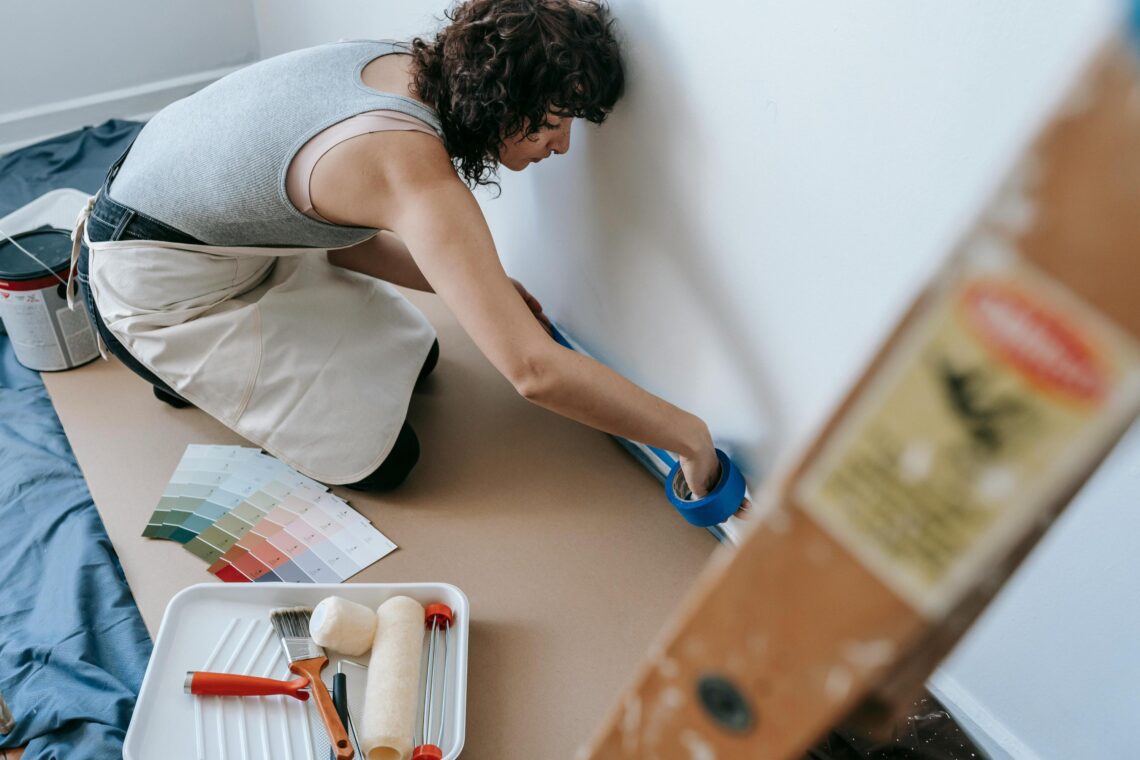If you, like many Torontonians, live in a semi-detached home, you are probably all too familiar with your neighbours. You may know their schedule like the back of your hand, like when they shower, when they get home from work, or how often their baby wakes up crying in the middle of the night.
Unfortunately, these types of noise are all part and parcel of living in a semi-detached home, particularly if it’s an older property or the separating wall wasn’t built with great soundproofing. However, there is a threshold for what kind of noise (and how much of it) is acceptable – especially during renovations or home improvement projects.
As a homeowner, you have the freedom to take on (almost) any renovation you want. But in a semi-detached home, you’ll still need to be mindful of your neighbours. If not, you could find yourself in a personal or regulatory dispute – neither of which is very fun.
In this blog, I’ll explain the ins and outs of renovating a semi-detached home in Toronto, with extra focus on the party wall and your obligations around it.
What is a Party Wall Agreement?
First of all, the shared wall between two homes in a semi-detached house is called the Party Wall. As a homeowner in a semi-detached, if you are planning on doing any renovation that will affect the party wall (such as attempting to further soundproof, seal cracks, or shift/replace any supporting beams to that wall), there are a handful of requirements you’ll need to fulfil under city regulations.
In addition to notifying your neighbours, specifically the homeowner of the adjoining property, you’ll need their signed approval before starting any work. The agreement you’ll be signing is called a Party Wall Agreement and it limits your liability to any issues that arise on their side of the wall during the renovations.
Renovating your home is a great way to boost its value – especially if you’re looking to sell it. Explore these related readings for more tips.
Notifying Your Neighbours
Let your neighbour know well in advance about any planned renovation. Inform them of the scope of your project, your expected time frame, as well as contact information in case they run into a problem and need to get in touch with you or your contractor.
When speaking with them, ask about their schedule, and try to be considerate of their work schedule and sleep schedule. Do your best to schedule work with your contractor at times that your neighbour will be at work, their kids in school, etc.
Now if you are on good terms with your existing neighbours, you may find that during the course of the retrofits, your relationship with them may begin to turn sour. After all, they will be dealing with excess noise, dust, and overall discomfort while the work is being completed. Do your best to acknowledge this by taking in mind some of the following tips to help ease any added pressure that may be building up as a result of your planned changes.
Transparency & Accountability
Before you start any work it’s a good idea to go over, talk to them, and take pictures of their side of the wall, so each party is aware of its current condition. That way there’s little room for disagreements should any damage be caused. As a contractor myself, I always make a point of being part of this conversation between neighbours (and the photography session too!)
Keep the Lines of Communication Open
Check-in with your neighbours often. Invite them over to see the progress, or stop by with a small gift for them on any particularly trying days throughout the project. At the end of the project, be sure to invite them over for a tour so they can see the finished work, give them a gift and be sure to toast them for their patience.
Not sure if you want to renovate or move? Explore these blogs next for advice on buying and selling.
Working With Your Contractor
After speaking with your neighbours, be clear with your contractor about any restrictions that have been agreed upon. In specific, work to minimize any disruptions with regard to parking, equipment storage, debris and any other outdoor messes.
If there is street parking in your neighbourhood, be very mindful of where your contractors will be parking, along with other construction equipment. Don’t forget the dumpster, as this tends to be what usually causes the most problems. If at all possible, try to keep the bulk of construction vehicles and equipment on your property.
Inform your neighbours of the particular days during construction when you expect additional vehicles. This way, aggravation from double-parked cars, driveway blockage and limited street spots can be kept to a minimum.
Finally, while your contractor may take great care in cleaning up their mess on your property at the end of a work day, they will likely not be so considerate of your neighbours. So, be prepared to clean up litter, debris, and other construction mess that may find its way to your neighbour’s lawn
Conflict Can Still Happen
In spite of all of this advice, be prepared for the fact that some neighbours will become very disgruntled during renovation projects, and some still will never get over it. If up until now you’ve always easily brushed shoulders with the Jones next door, don’t take it too much to heart if once the project is complete, they no longer wish to be so friendly.
Remember that this advice can work the other way around too. If it’s your neighbour who is planning the work, try to put yourself in their shoes and be as cooperative and friendly as possible. Chances are that any improvements to their home may indirectly increase the value of yours too.
Searching for a full-service real estate team to manage your home renovations? Call us at 416-903-3695 or send us an email at team@mutchpropertygroup.com.
